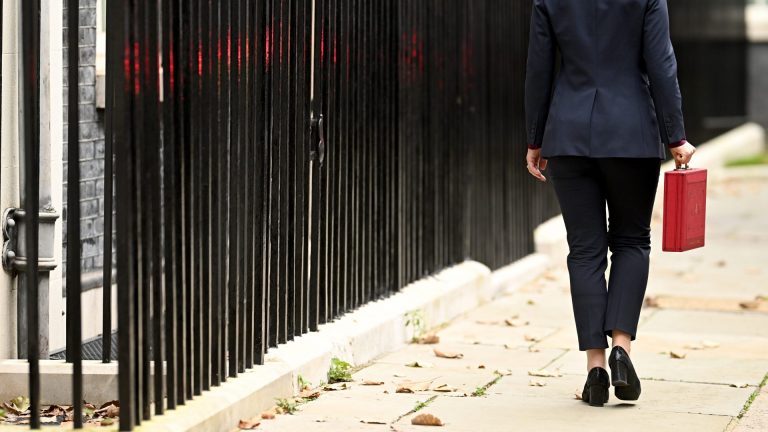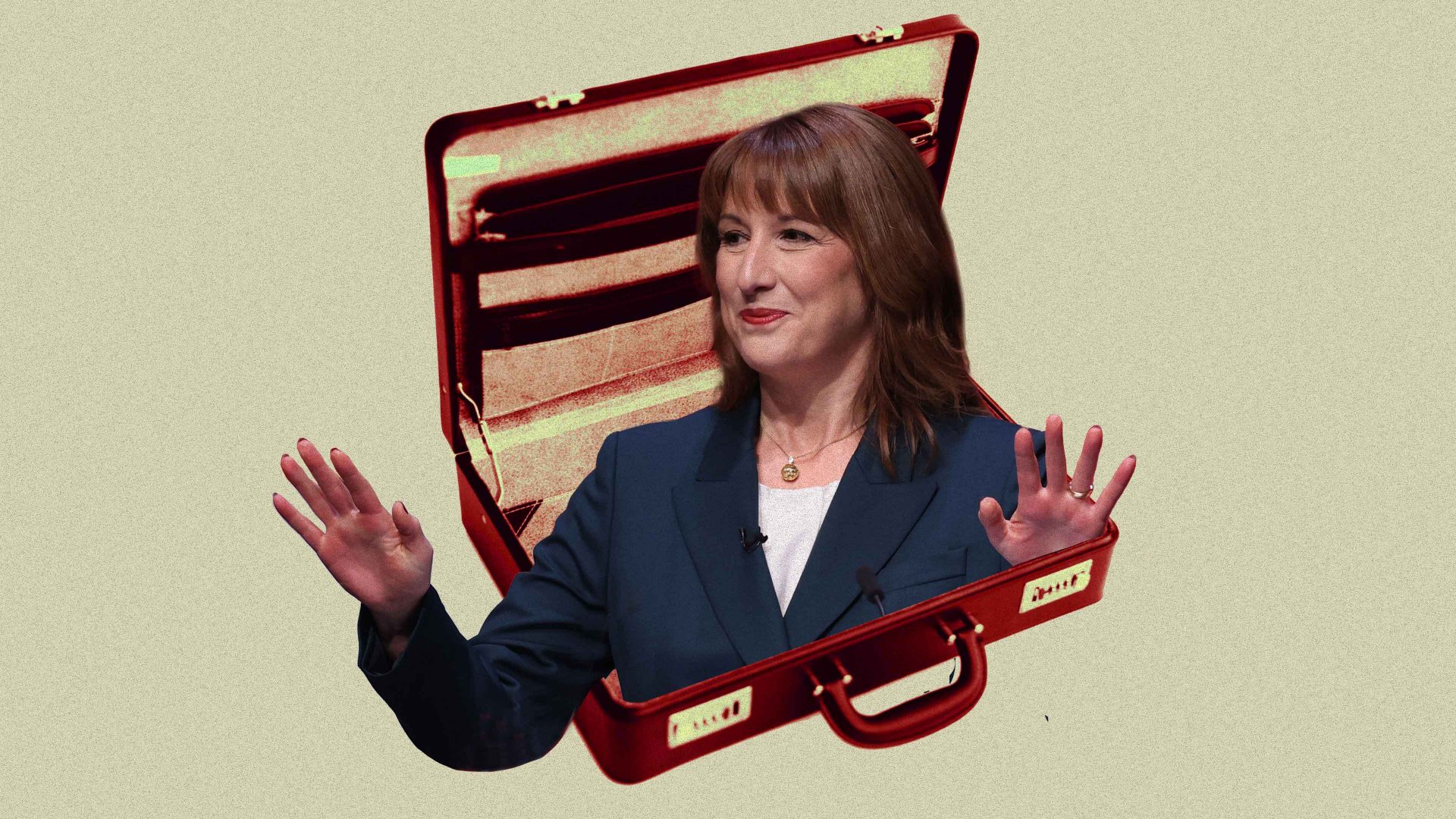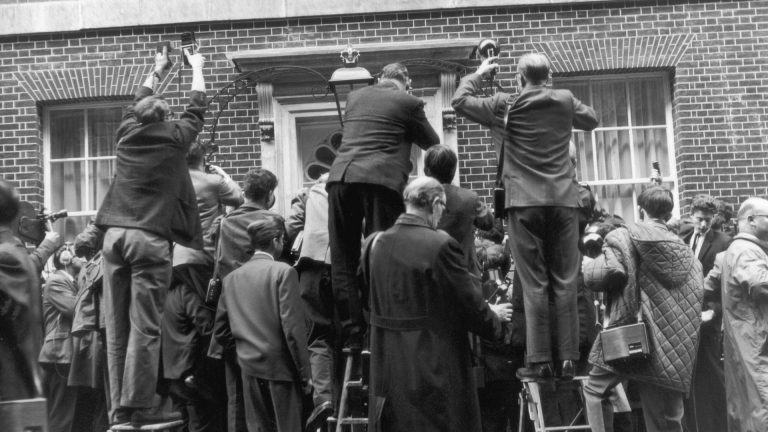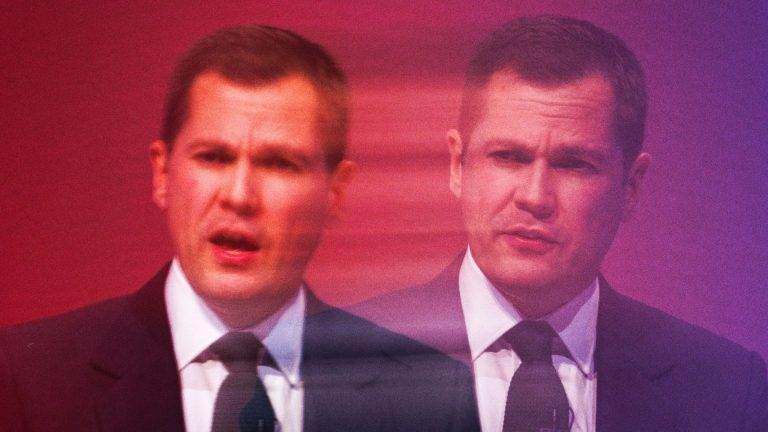Rachel Reeves inherited a dog’s dinner from the last government – low growth, low productivity, a financial black hole, every department crying out for money.
But inheriting a mess, as numerous governments of all persuasions have found in the past, is also a great opportunity. In 1979, Margaret Thatcher and Geoffrey Howe cut income tax but almost doubled VAT and raised interest rates. They then blamed the resulting downturn on Labour. David Cameron introduced austerity the second he was in power and the Tories spent the next 14 years blaming Labour for the disastrous decline in the nation’s fortunes.
Rachel Reeves introduced the idea of a Conservative black hole in the public finances early on, but she has mishandled what has happened since. She has delayed this Budget for far too long, leading to endless morale-sapping news stories about what she might do, all of which deflate the animal spirits of economic growth.
She has hinted at higher taxes, new taxes, lower spending, and even more spending, so that no one knows what she thinks, or even whether she has a coherent plan.
Reeves lacks the blank-cheque boldness of many of her predecessors. She seems to have backed down on nearly every major tax rise that might fill the £20bn-plus gap in our finances. She is left having to find significant amounts of money by fiddling at the edges, when she should be introducing large scale, radical reform.
Instead of breaking a manifesto promise by raising income tax, the chancellor will probably freeze income tax bands again. This allows pay rises and inflation to pull more people into paying tax and being taxed at higher rates. That would raise £8.3bn in two years, although it will still be called an embarrassing betrayal – last year she did rule out further freezes.
We can almost certainly expect a raid on the betting industry, which could raise more than £3bn a year. And to counteract the disastrous decline in fuel duty revenue caused by the move to EVs, the chancellor could start charging electric vehicles a toll for every mile they drive. With other fuel excise duty changes, that might add another £2bn.
And then there are a whole host of other measures. Stopping lawyers and accountants who are “partners” of their firms from avoiding National Insurance contributions, a one-off raid on banks’ profits and making landlords pay NI on their earnings would bring in a few billion more.
A bigger target is the 40% of businesses that are not paying their taxes properly or at all. A crackdown on tax-dodging business owners could bring in £15bn, but that depends on improving HMRC, which is not easy.
The trouble with all of these measures and small tweaks to the tax system generally, is that Labour is in serious danger of repeating the mistake of George Osborne in 2012, when his “pasty” budget was ridiculed and reversed almost immediately.
What would be far more successful, and possibly game-changing, would be for the chancellor to listen to the advice of the tax experts and go for serious reform. So, what would a radical chancellor really do?
Suggested Reading


This is Rachel Reeves’s only rational choice
Increasing income tax by 1p brings in over £6bn a year. Deeply unpopular, it breaks a key election promise, but we really need the money and higher income tax would bring in the most revenue. That and an income band freeze would bring in £14bn, closing most of the budget gap in one fell swoop.
Abolishing national insurance and increasing income tax to compensate is another possibility. It would help create jobs, discourage people avoiding NI by claiming to be freelancers and would simplify the tax system. It also increases the tax on pensioners and landlords but cuts it for lower wage earners; just taking 2p off NI and adding 2p to the tax rate would raise another £11bn a year.
Council tax bands have not changed since 1991 and create perverse and damaging results: property in Hull is taxed far more highly than in Westminster. Changing the system by taxing very expensive homes more would be fairer, encourage labour mobility and raise more than £4bn a year.
We have known since the Mirrlees Review of the tax system in 2010 that capital gains are badly taxed in the UK, with a very complicated and inefficient system of allowances. The answer is to tax earnings on investments at the same rate as income, but only after inflation has been taken into account. Even simple reforms would work better and raise £2 bn a year.
Changing pension tax relief so that it is a flat rate for all would end the madness of bigger tax breaks for richer people and massively increase the incentives for lower earners to save more. The cost to the Treasury of subsidising pension saving is around £50bn a year. Stopping high earners from taking lower salaries to stuff their pensions instead would save £4bn.
Abolishing the triple lock on the state pension will have to happen one day; it is completely unaffordable and ridiculously badly targeted. Keeping it will cost £15bn a year extra by 2030.
Fuel duty increases have been frozen for decades for fear of White Van Man and since 2010 that has cumulatively cost the Treasury £130bn, more than this year’s total government borrowing. Ending the freeze would boost the move to EVs and green technology.
Reforming VAT is also long overdue. There are far too many loopholes and exceptions, with lobby groups calling for ever more special treatment. Better to abolish the lower rates of VAT on things like energy and use the money saved to cut the headline VAT rate, boosting consumer spending as a result.
And the elephant in the room is Brexit, which the latest research shows has cost the UK up to 8% of its entire GDP. At current taxation levels, HMRC would take almost £100bn in extra revenue from an economy that was 8% larger. Black hole, what black hole?
If the chancellor and the government grasped the nettle and tried to undo the worst effects of Brexit, they could afford tax cuts worth tens of billions, not tax rises.
That might even be enough to make the chancellor untouchable but unfortunately for her and us, nothing about this government tells me they have the guts to do anything radical at all.












